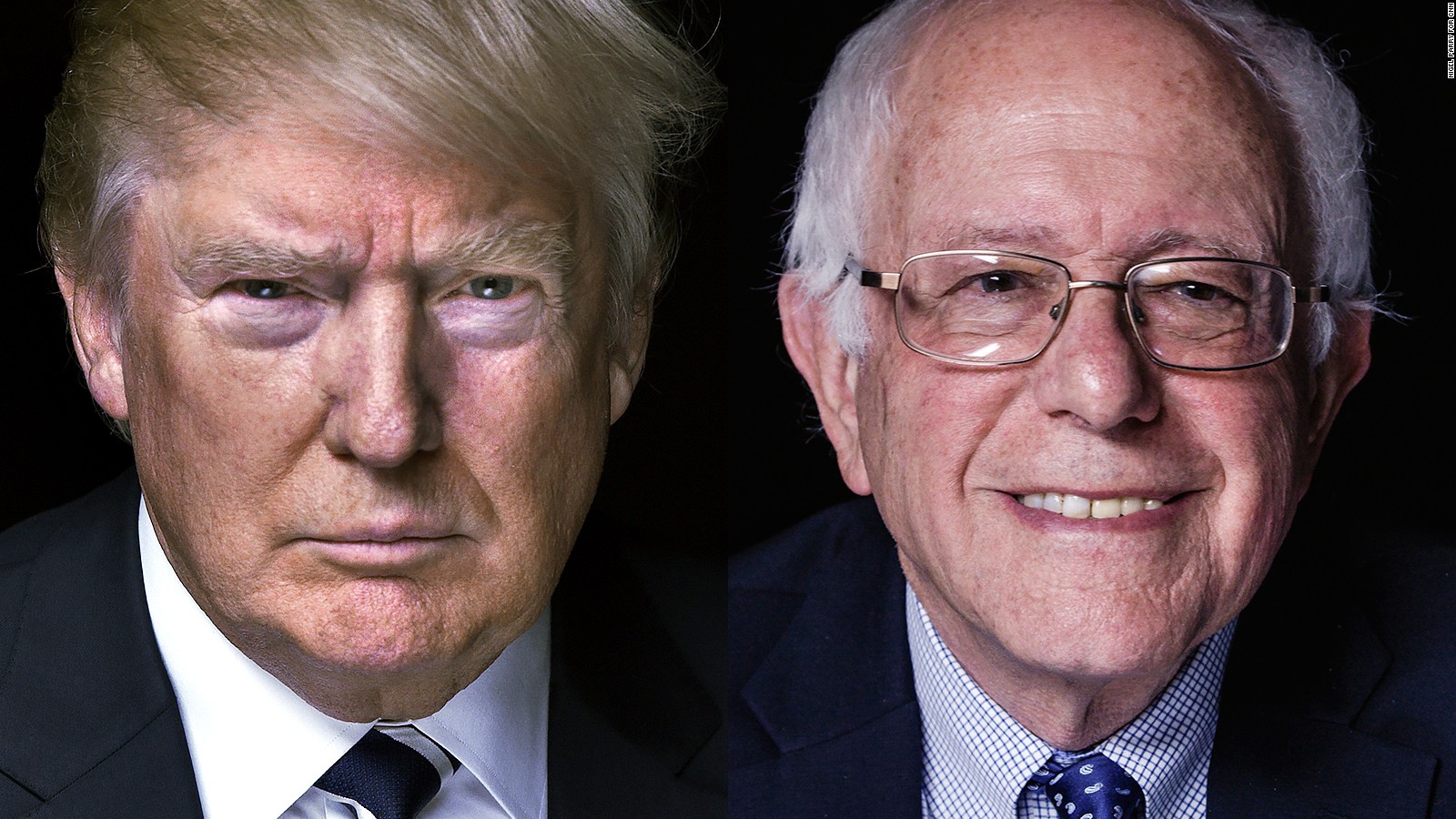First things first, the concept of “fake news” has run completely off the tracks. President Donald Trump’s efforts to delegitimise the work produced by seasoned journalists is abhorrent and despicable. Is “the media” (whatever that even means in the 21st century with the Internet, Facebook, television, Snapchat, Twitter, Fox News, The New York Times, Breitbart, etc.) flawless? Of course not. Do dozens of high-quality news outlets continue to devote each and every day to producing valuable work that holds those with power accountable? You’re damn right. It’s going to continue to be that way today, tomorrow, and in 2020.
I felt that quick debunking was relevant before addressing the more important question. In what many are calling a “post-truth era”, has there been a shift by the public to valuing their gut rather than facts? Have emotions overrun civil political discourse? The answer is multifaceted.
I think the underbelly of all of this has been increasing political polarisation. The slow death of the political moderate has allowed the loudest voices in the room to be those standing farthest away from each other. The best example of this can be seen in the most recent U.S. Presidential election where Republican Donald Trump and Democrat Bernie Sanders forced the topic of conversation to sway farther and farther from the centre. Whilst one was proposing building a wall to keep out illegal immigrants, the other was pushing for free tuition at public universities.
As a result, the discourse between constituents has deteriorated. When party figureheads preach policy that alienates the middle, supporters find less and less common ground. And here’s the kicker: when party leaders propose utopian policies that adhere to dreamlike-visions of the world, people buy in. Fast. If you’re a young 20-something with thousands of dollars of student debt, what sounds better than policy aimed at refinancing those loans? Well, free college tuition of course! If you’re a recently laid off, middle-aged white man from rural Kansas, what sounds better than sensible immigration policy? A concrete wall stretching across the whole border.
This cycle of adhering to unrealistic visions has created one hell of a conundrum. Political expectations have been expanded on both sides of the political aisle that focus more on emotions than on reality. President Trump caused so many disenfranchised voters to gravitate towards him because of the bleak picture he painted at so many rallies — one consisting of terrorism, illegal immigration, and abundant job loss. Unfortunately for Trump, the facts paint a much different picture of America over the last few years. Terrorist attacks are rare, illegal immigration has stabilised, and unemployment has fallen.
So where does America go from here? Is there a fix to this problem? I think there just might be. America can tackle it’s political polarisation through…”the media”. Yes, that’s right, through the very institution under the utmost scrutiny at this very moment.
The world and America in particular, has been blessed (or cursed) with a wealth of information unlike any generation prior. That has added an extra layer of responsibility that I think the public has glossed over in past years. It’s imperative that people dedicate the necessary time to educate themselves on what’s going on, the sides of each argument, and the valuable takeaways. The more educated we are as a public, the more sensible a policy we’ll see enacted to satisfy our needs. To best educate ourselves, it requires trust in the media to produce a commodity worth consuming. It requires that we expect the best from trusted outlets. And It requires that we pay attention to the stories addressing people from all walks of life. News is a resource; we must take the utmost advantage of it.
Max Bayer
(Image courtesy of CNN)

